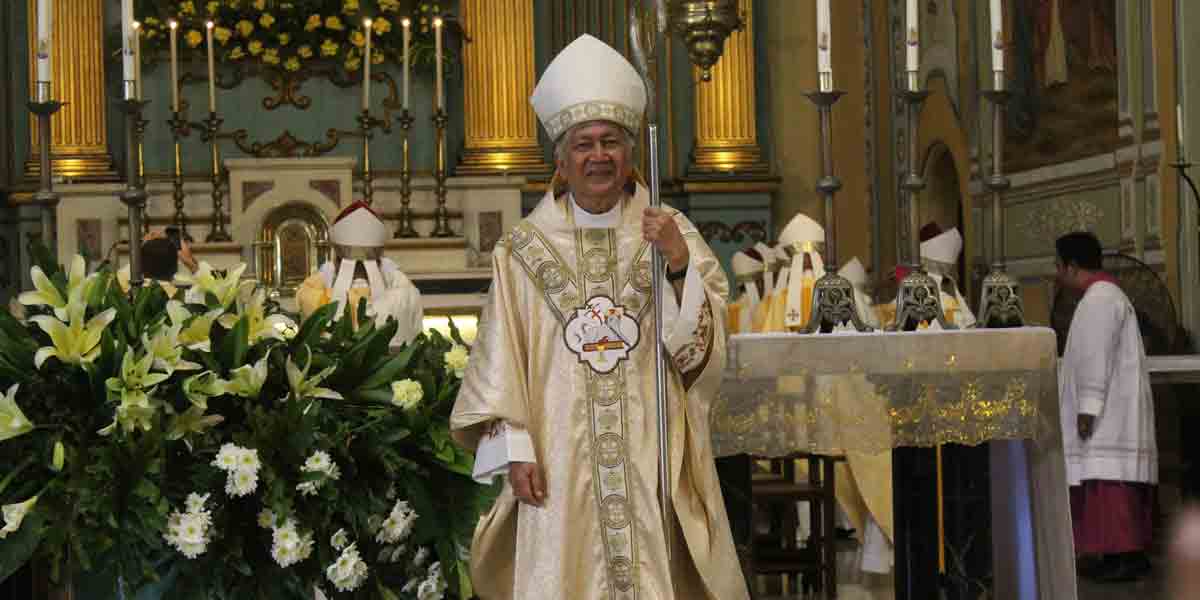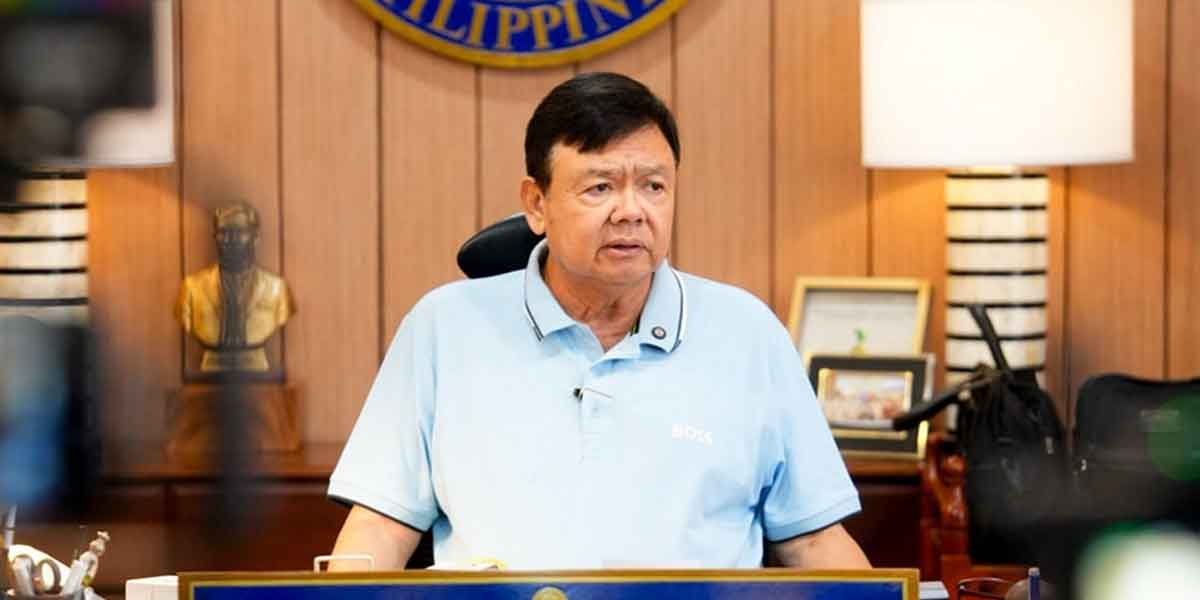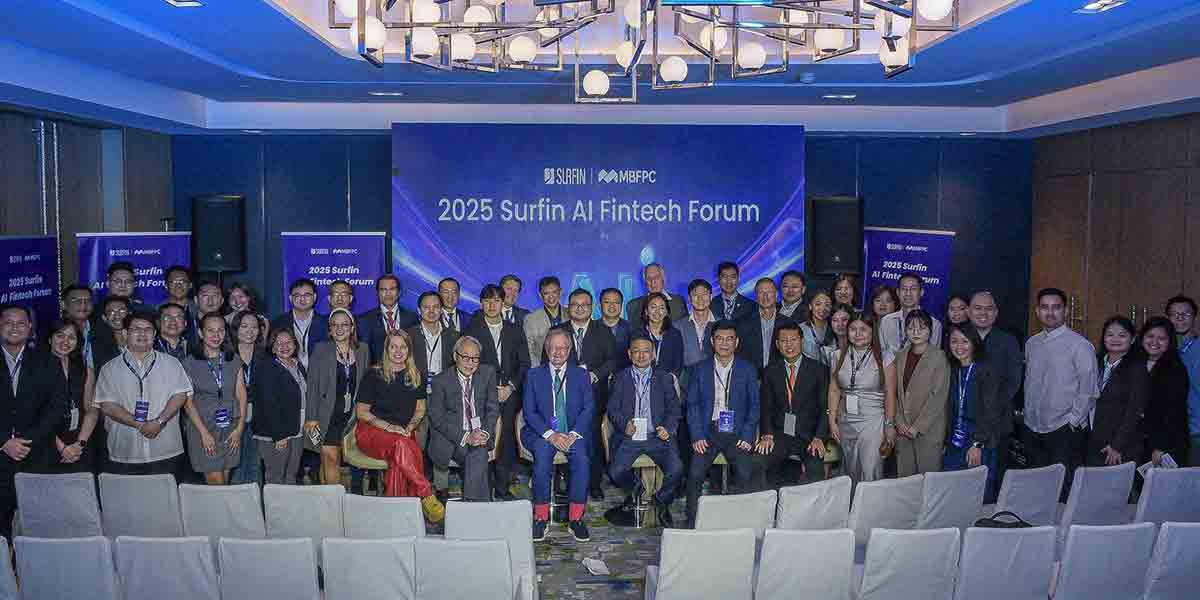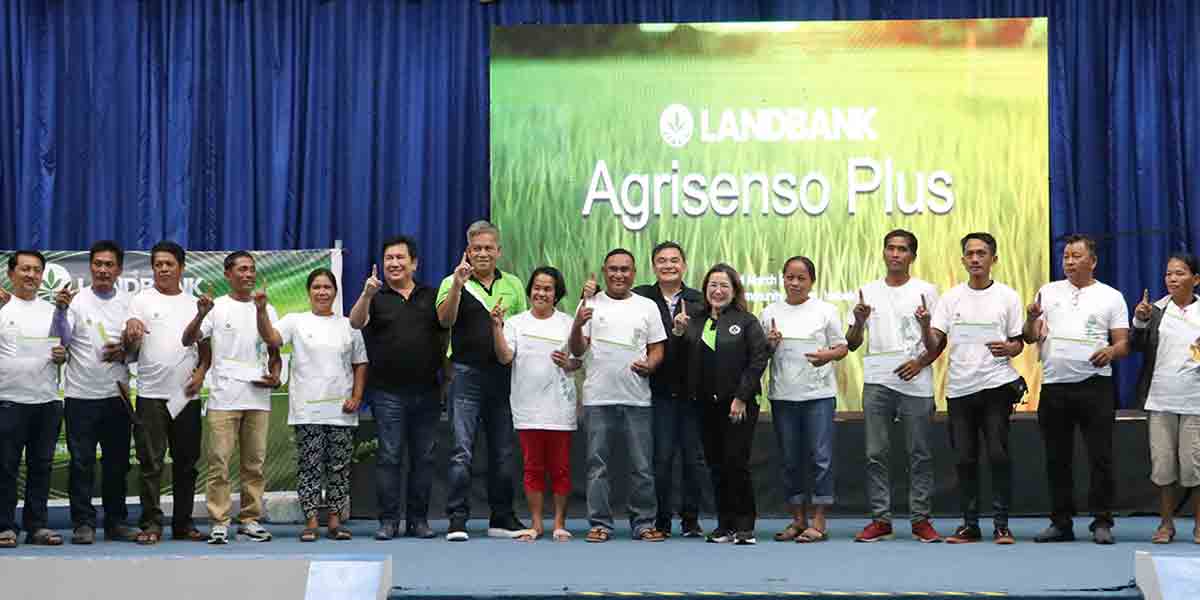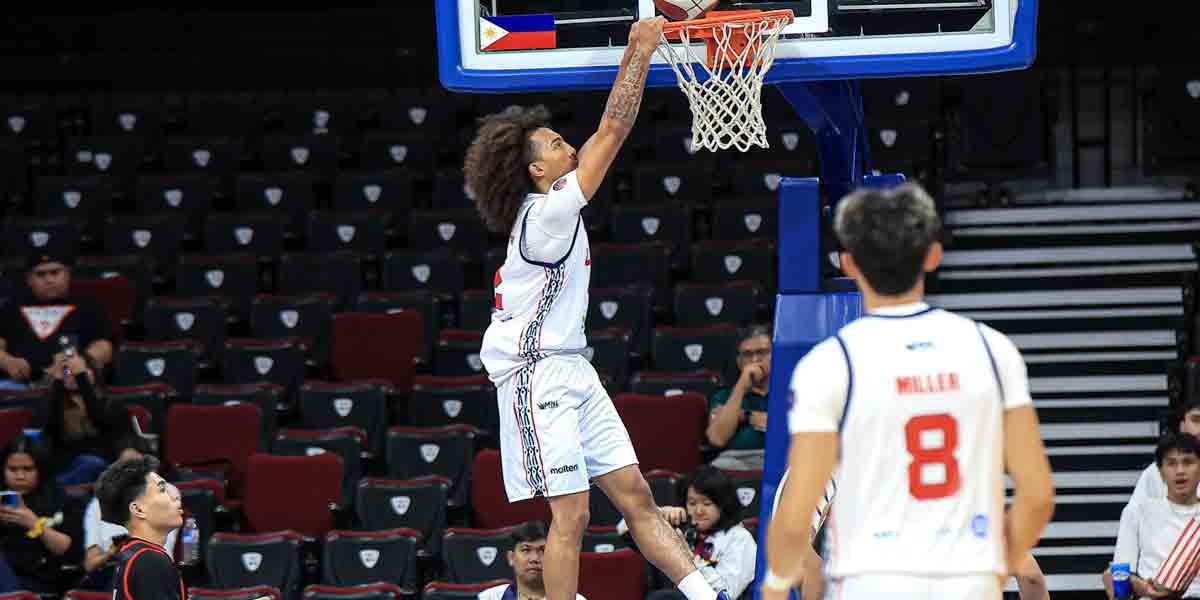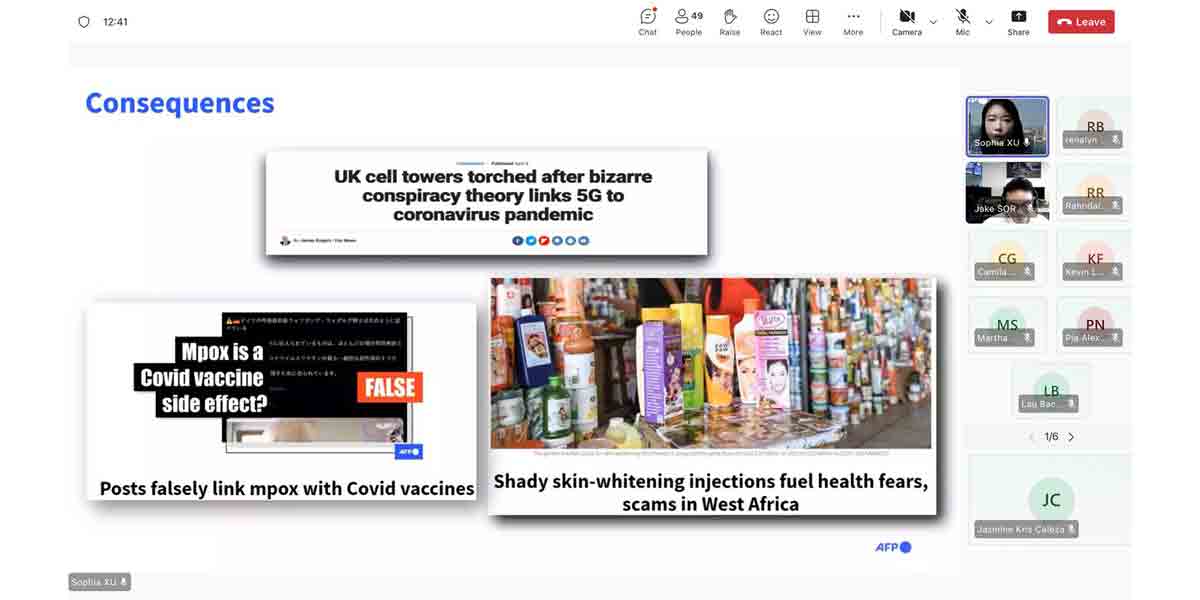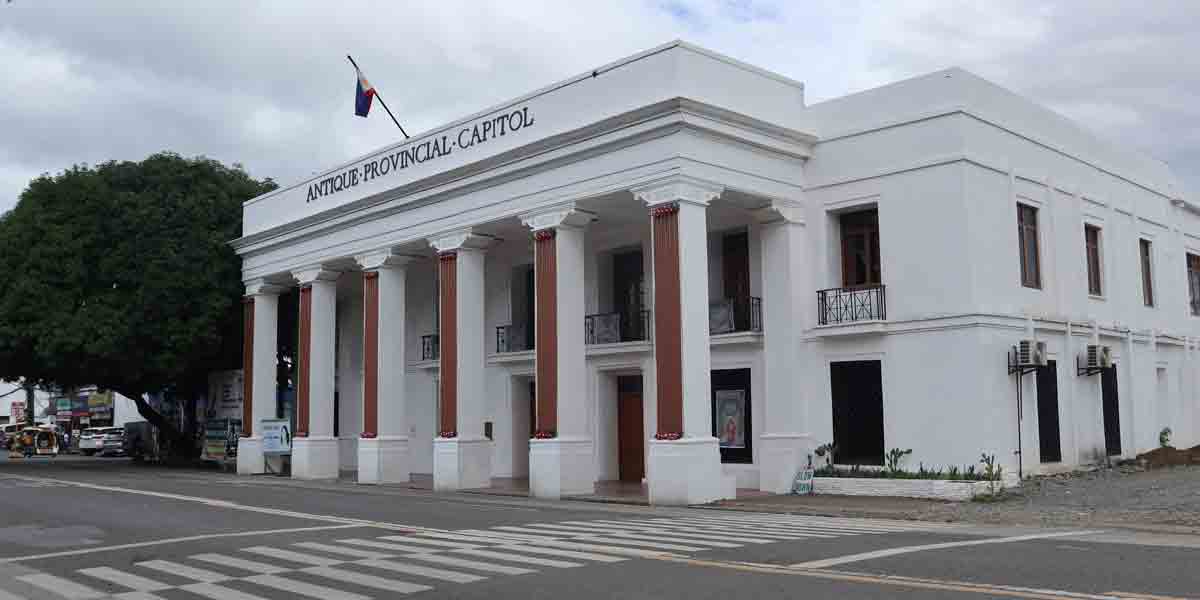By John Leo Algo
After what we observed at the 2024 UN climate negotiations (COP29), it looks like the Philippines’ leadership in global climate governance is starting to trend in the right direction once again.
While the negotiations on a new global finance goal to support the climate actions of developing nations ended in an alarmingly disappointing note, the efforts of the country’s negotiators and staff deserve praise for holding their ground for most of the conference in a way that others did not.
The Philippines was one of the strongest voices calling for loss and damage (L&D) to be part of the new global finance goal (known in short as the NCQG). This is not only aligned with the country’s position as host of the Board of the Fund for Responding to Loss and Damage (FRLD); it also comes on the heels of Filipino communities being hit by six storms in under a month.
Unfortunately, the urgency of scaling up L&D finance was only acknowledged in the final decision text, being viewed as not on the same level as adaptation or mitigation. This is just the tip of the iceberg of how uneventful COP29 ended up being in terms of spurring meaningful progress for global climate action.
It is painfully obvious that the climate COP process requires a significant overhaul, as developed countries are exploiting outdated parts of global treaties to avoid accountability and giving the finance and support owed to nations like the Philippines.
Yet that does not discount the significance of the multilateral approach itself; as all countries are affected by the climate crisis but in different ways and with varying resources to respond, they all should fairly and equitably participate in the global decision-making process.
The outcomes of last year’s climate talks in Dubai, including the supposed beginning of the end of the fossil fuel era and the creation of the FRLD that were hailed as significant victories, all seem like a distant memory. Negotiations on almost every major issue discussed in Baku ended up with no progress or being delayed until next year, with a main exception being on Article 6 of the Paris Agreement that concerns carbon markets.
While climate COPs keep ending up with delayed progress, the impacts of the climate crisis do not due to the pollutive actions of developed countries and fossil fuel corporations. It is a reality that we were reminded of yet again recently, despite the denial of some local industry talking heads.
With this context, the Philippine government is placed in strategic positions to set the tone for global climate policies that could also boost its national strategies. Aside from the FRLD, government officials also have a presence in the governance of key global climate bodies such as the Green Climate Fund, the Adaptation Committee, and the Warsaw International Mechanism.
It is also seeking sources of finance outside of public finance. This is why it is high on using carbon markets to urgently deliver this support, which is good news for most of domestic businesses and a cause for concern and skepticism by the non-government (NGO) sector.
Did we improve from last year?
The lack of guarantees for social and environmental safeguards is one of the main issues for NGOs and community representatives in a few dialogues with Philippine government officials, including some that took place at the sidelines of COP29.
This becomes an even bigger concern with the low global finance goal set in Baku; with not enough from public finance by developed countries, expect the Philippine government to lean harder on using carbon markets to access much-needed support for implementing adaptation and mitigation projects.
The discourse on carbon markets is bound to continue at the national and local levels for at least the next few years, with the non-government sector remaining firm on the inclusion of said safeguards that protect human rights and the well-being of communities and ecosystems.
Nonetheless, there has been one small improvement in the consultation held this year in preparation for COP29. For the first time in years, government agencies presented the draft positions it would carry at the negotiating table before the conference itself. Positions on the likes of adaptation, mitigation, finance, and just transition were presented to non-government representatives, an improvement in transparency and in compliance with the Implementing Rules and Regulations of the Climate Change Act.
Based on the series of government-NGO dialogues last year during the Dubai negotiations, the process is underway for institutionalizing a platform for inputs of civil society and community representatives to be accounted for in national climate governance. This is an initiative of the Climate Change Commission, as part of its mandate as an autonomous and independent lead in coordinating climate policies and programs by government agencies.
Of course, there remain significant inclusivity issues that need to be addressed. These issues are rooted in factors such as the working dynamics between government agencies, the pro-business outlook of the agency higher-ups and much of the policy direction, and mistaken perceptions about the NGO sector.
More open dialogues with Philippine negotiators and consultations set not just days before succeeding climate conferences must also take place, aligned with the Climate Change Act and the imperative of a “whole-of-society” approach.
With 2025 set to be a defining year for global and Philippine climate action, it is a must for the government to match its seemingly growing leadership at the global level with decision-making mechanisms at the domestic level to ensure that no one is left behind.
There is a lot of room for improvement, but for the first time in years, there are signs that we may be ready to go in the right direction.
John Leo is the national coordinator of Aksyon Klima Pilipinas and the deputy executive director for programs and campaigns of Living Laudato Si’ Philippines. He is also a member of the Youth Advisory Group for Environmental and Climate Justice under the UNDP in Asia and the Pacific. He has been a climate and environment journalist since 2016.

